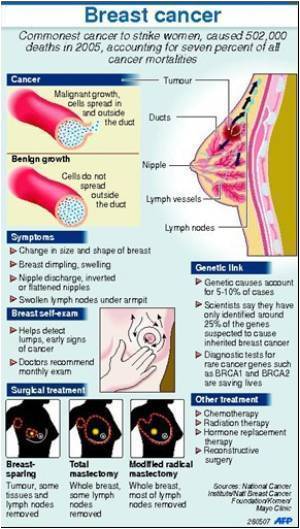Researchers have identified an association between inflammatory response and depression.

"Many people exhibit signs of lethargy and depressed mood during flu-like illnesses," said Blakely, of the Vanderbilt Center for Molecular Neuroscience.
"Generally these have been treated as just a consequence of being physically ill, but we think there is likely to be something more brain-centric at work here," he said.
Blakely and colleagues had previously reported that inflammatory cytokines could enhance the activity of the serotonin transporter (SERT), which regulates the supply of the neurotransmitter serotonin in the synapse, or gap between nerve cells.
In the current study in mice, the researchers triggered pro-inflammatory cytokine production. Within 30 to 60 minutes, SERT was activated in the brain and the animals displayed despair-like behavior.
Remarkably, this behaviour was not observed when cytokine production was triggered in mice lacking the SERT gene. Similarly, a drug that blocks inflammatory molecule signaling also prevented stimulation of SERT and the despair behavior.
Advertisement
The researchers have cautioned that "we do not presume that changes in SERT activity alone are sufficient to induce the full spectrum of depression traits, nor that our animal model can reproduce all the elements of a complex neuropsychiatric disorder."
The findings were published in the journal Neuropsychopharmacology.
Source-ANI















